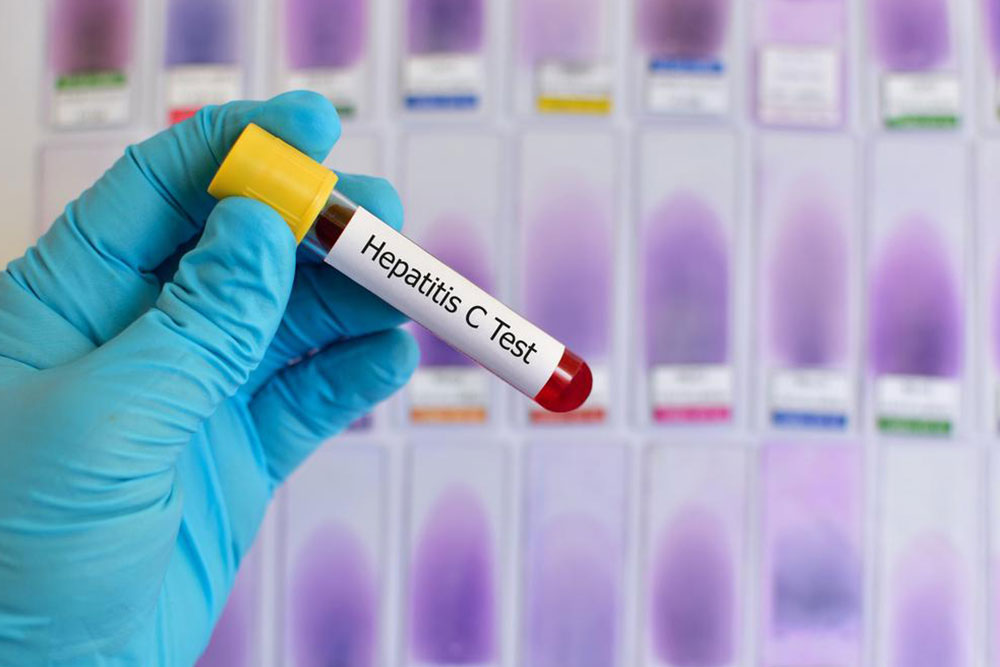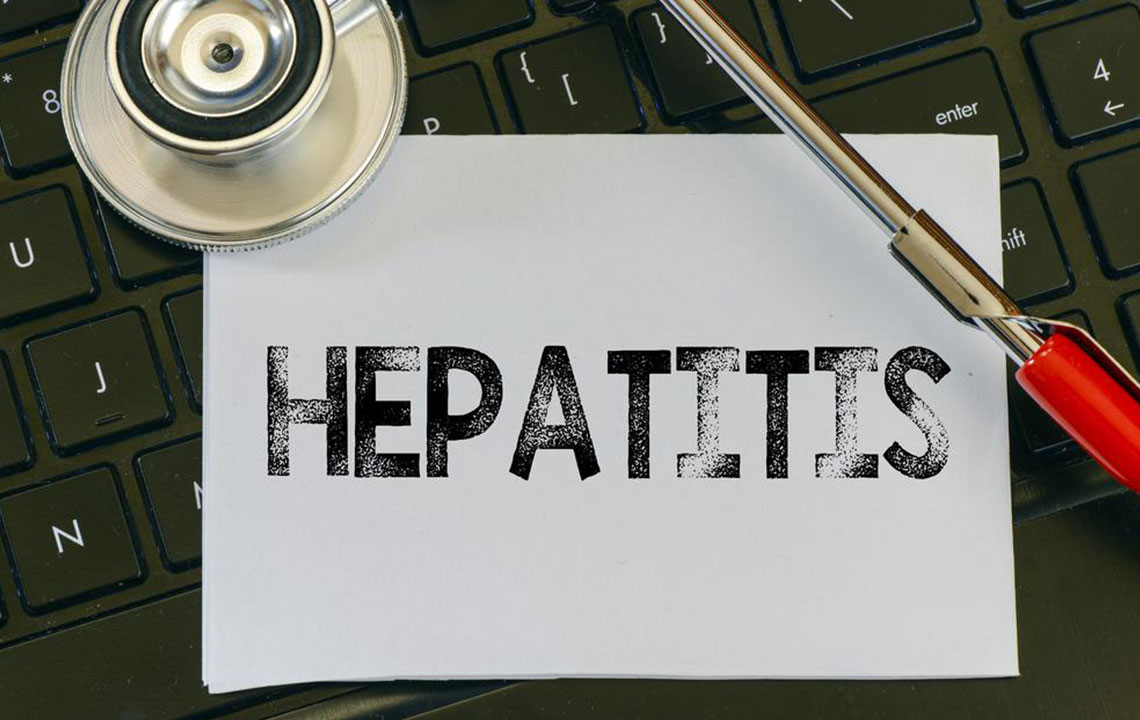Recognizing Early Indicators of Hepatitis C Infection
Hepatitis C is a stealthy disease that often shows subtle early signs, making detection difficult. Recognizing symptoms like fatigue, jaundice, and abdominal pain is crucial. Blood tests are essential for diagnosis, especially for those in high-risk groups such as people born between 1945 and 1965. Early detection and treatment can prevent severe liver damage, including cirrhosis and the need for transplant. Consult your doctor if you experience symptoms or have concerns about hepatitis C to ensure timely diagnosis and management.

Recognizing Early Indicators of Hepatitis C Infection
Hepatitis C is a disease that often remains undetected in its early stages. It targets the liver and immune system, with symptoms appearing sporadically and over an extended period. These signs often mimic common illnesses like flu, jaundice, or gastrointestinal issues, making diagnosis challenging for healthcare providers. Many individuals mistake early symptoms for minor ailments and overlook them, only discovering the problem when significant liver damage occurs. Due to its subtle presentation, Hepatitis C is often called the "silent disease".
Symptoms may sometimes resolve on their own, or persist, leading to acute or chronic hepatitis C.
Acute Hepatitis C lasts up to six months, with symptoms like body ache, tiredness, upper abdominal discomfort, nausea, vomiting, low-grade fever, and loss of appetite. These signs typically appear within the first three months and last two to twelve weeks. Severe signs include jaundice, dark urine, light stool, and diarrhea. If the infection does not resolve, it advances to chronic hepatitis C in 75-85% of cases, requiring medical intervention to eliminate the virus.
If left untreated, Hepatitis C can remain in the body unnoticed for 20-30 years, causing severe liver damage such as cirrhosis. In extreme cases, a liver transplant may be necessary. Detecting hepatitis C based solely on symptoms is difficult; therefore, blood tests are essential for diagnosis. It is recommended that individuals born between 1945 and 1965 undergo one-time screening, as this group shows higher prevalence rates. If you notice symptoms or suspect infection, consult your healthcare provider promptly for testing and guidance.









